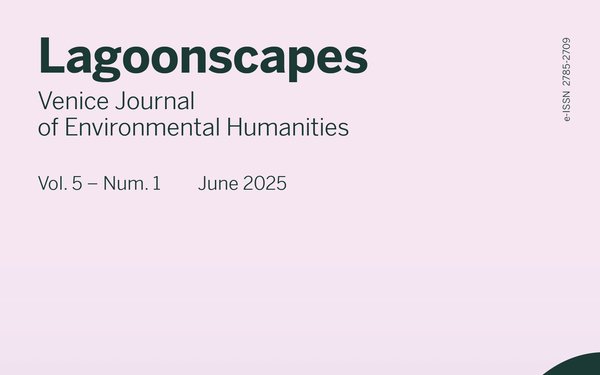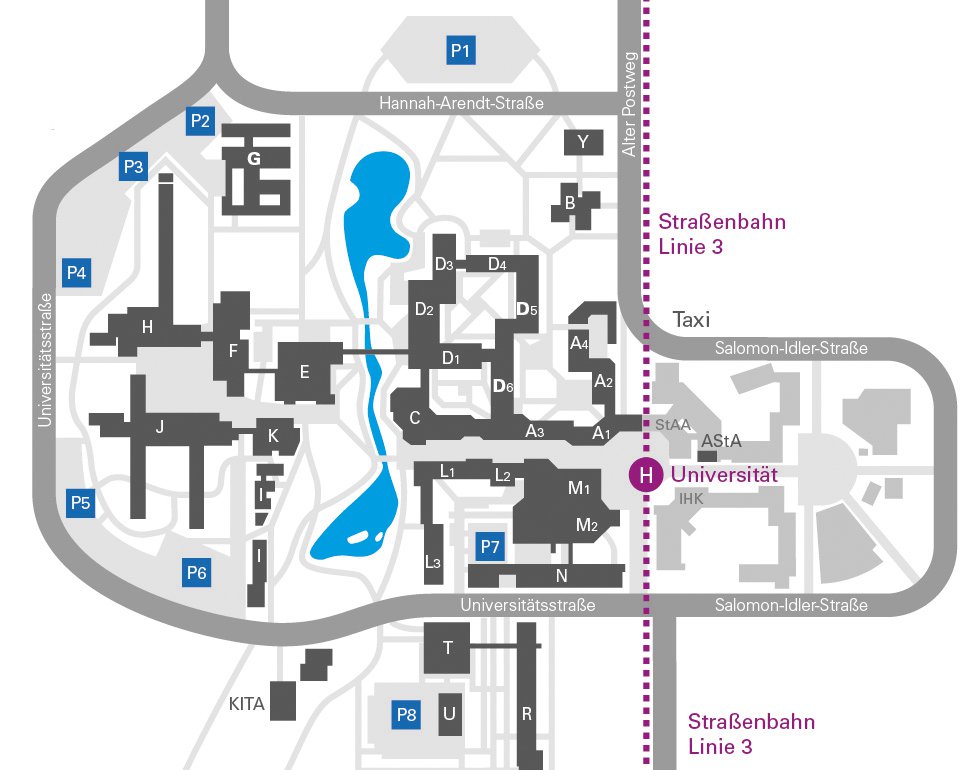News
Article on “Walking as a Method” published on the website “Hypotheses - Academic Blogs”
Publication of the special issue of the Lagoonscapes magazine: “Cracking the Surface”
The latest issue of Lagoonscapes (Venice Journal of Environmental Humanities): “Cracking the Surface” was created under the collaboration of Prof. Simone M. Müller and Livia Cahn (Ludwig-Maximilians-伟德国际_伟德国际1946$娱乐app游戏 Munich).

Prof. Dr. Simone M. Müller is a finalist for the Fleck Prize 2025
Contact
Contact Information:
Address:
Professorship for Global Environmental History
and Environmental Humanities
Universitaetsstrasse 10
86159 Augsburg
Germany
Phone: +49 821 598 - 2795 (Secretary)
E-Mail: sekretariat.umweltgeschichte@philhist.uni-augsburg.de
?
Raum: Building D, Room 4505

Aktuelles
Article on “Walking as a Method” published on the website “Hypotheses - Academic Blogs”
Publication of the special issue of the Lagoonscapes magazine: “Cracking the Surface”
The latest issue of Lagoonscapes (Venice Journal of Environmental Humanities): “Cracking the Surface” was created under the collaboration of Prof. Simone M. Müller and Livia Cahn (Ludwig-Maximilians-伟德国际_伟德国际1946$娱乐app游戏 Munich).

Prof. Dr. Simone M. Müller is a finalist for the Fleck Prize 2025
Allgemeine Kontaktinformationen:
Anschrift:
Universit?t Augsburg
Professur für Globale Umweltgeschichte und Environmental Humanities
Universit?tsstra?e 10
86159 Augsburg
Telefon: +49 821 598 - 2795 (Sekretariat)
E-Mail: sekretariat.umweltgeschichte@philhist.uni-augsburg.de
?
Sekretariat: Geb?ude D2, Raum 4500
?
?
?









